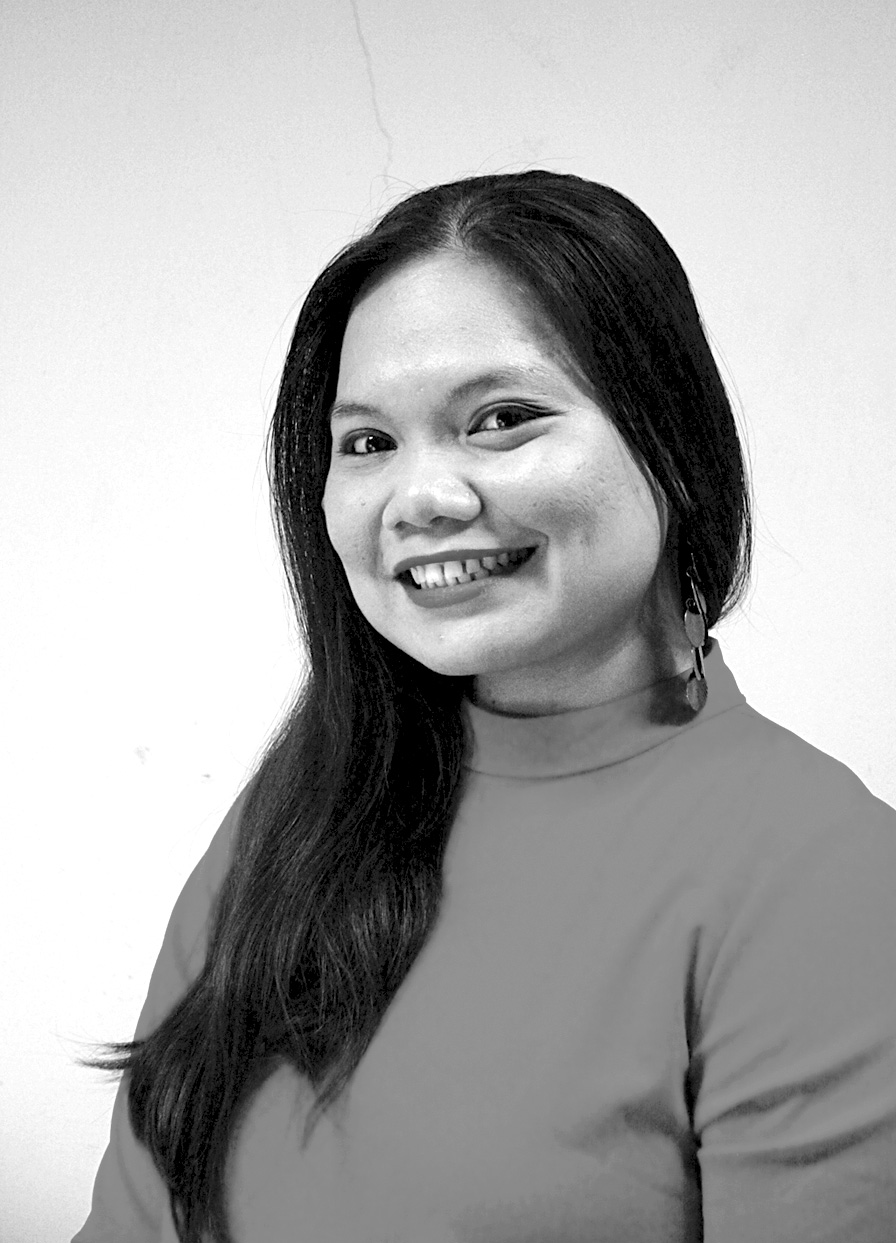PILAR, SORSOGON — In the ferry from Masbate City to the port here, I met a 14-year-old girl, who was kind enough to give me a rubber band.
The rubber band rescued my hair from total damnation brought about by the wind’s angry blow on my unwashed mane.
“Salamat kaayo Inday,” I told her after she handed me the rubber band.
She looked at me and responded, “I’m not a maid.”
It took me a few seconds before I was able to process what she meant.
Her face looked innocent. There was no arrogance or superiority in her voice when she spoke. There was pure honesty.
The initial feeling of anger within me subsided. I could have gone on an endless tirade about how the imperial culture of this country was to be blamed for this teenager’s wrong association of the word “Inday.”
Instead, I found myself leading her to the canteen along with three of her friends to educate her about why us, Bisaya, are erroneously portrayed in movies and television shows.
You see, I began, Inday is not the Visayan word for housemaid. For the record, being a housemaid is an honorable job, one that should not be looked down on. It is a job that should be treated with respect, not with shame and ridicule. It is a job that requires honesty and patience much like any job in the office and in the field.
Inday, among us, Bisaya, refers to a girl, female, lady, woman in an endearing way. I call my daughter, Inday Antoinette, to signify how much I value and adore her. My mother, Maria Elena, holds the nickname, “Inday Gamay,” which literally means little girl. My mother, according to my late grandmother Patricia, was the little girl who loved to wander around the garden before she ate her dinner. She was so tiny that they needed to look for her behind pots of bougainvillas and San Francisco shrubs.
I grew up with a gentleman of a grandfather, who referred to every woman he does not know as “Day,” the shortened version of Inday.
Lolo Dado, along with Lola Patring, rented a seafood kiosk at the Mandaue City Public Market. When a customer buys a package of gusô or latô (seaweeds), Lolo Dado would say: “Naa pa moy laing paliton Day?” (Do you need anything else Day?)
Or when he buys mangoes from another vendor, he would ask: “Tagpila ni Day?” (How much is this, Day?)
Day or Inday here is not used in the way I use it when I call my daughter.
In Lolo Dado’s parlance, Inday here is used as a way to address someone with respect. Since he does not personally know the names of the ladies, he utilized the word “Day,” which is not as formal as “Maam” to address them. I always remember my Lolo as an adorable and respectful man based on how he treated the ladies. His use of “Inday” is one of the reasons why I look up to him as the model husband.
Inday is also a term that we use when we call ladies who are younger than us. Its counterpart, Dodong, is used for males. Hence, I address my brothers, Hendrix and Kevin as “Dong,” short for Dodong.
Unlike Manila-made movies that depict us with thick accents and portray us the “always angry” breed, the Bisaya are actually sweet. The language we speak is not as tender or gentle as Ilonggo but we are not hostile language speakers as we have been wrongfully depicted.
Housemaids are addressed us “Inday” because in our culture, housemaids are not strangers, they are individuals who work for us for too long a time that they have become family.
In Leyte, where I spent a part of my childhood, we addressed our labandera as “Nang Inday.” Nang is short for “Manang,” a term we use to address an older woman. “Inday” is her nickname. Put the two words together and it is correct to say that we do respect and value Nang Inday. Very much.
When we call our househelp “Inday,” we do so with a calmness and respect. Unless, of course, in cases when we are stressed or when we found out that something is terribly wrong. The difference in tone and utterance varies.
Older people in my family address me as “Inday.”
“Uy Day, salamat sa Ginoo nakabisita ka namo diri,” said my great grand Aunt Candelaria in reference to my presence after three months of not visiting my maternal grandparents’ house in Lapu-Lapu City.
Her words meant: “Thank God, you were able to visit us here, Dear.”
Inday was “dear” to her — and the 32-year-old me, upon hearing her voice, was five years old once again scrambling to get home because the merienda of hotcake and kalamansi juice is laid on the table.
Hearing all these, the teenager across me smiled.
“I didn’t know. I just heard my mother say all housemaids are from the Visayas and that they are called Inday. Sorry Miss,” she said.
I pursed my lips.
“You don’t owe me an apology. Is your mother here?” I asked.
She pointed to her right.
The Mom was seating on the table just beside us.
I bid the teenagers farewell and transferred to the other table.
Time for a Mommy talk.
